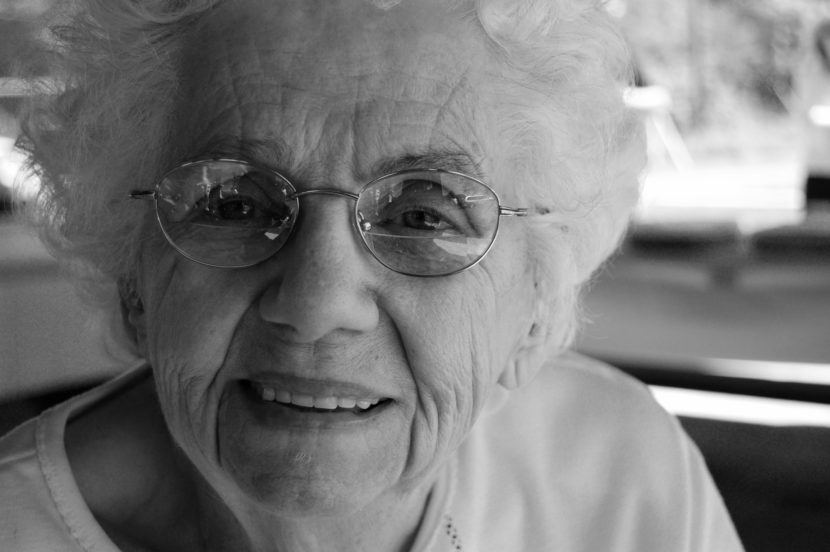A good long-term care facility, especially residential care, should make your loved one feel comfortable and as though they were at home. As our loved ones get older, the time may come that they find themselves unable to or do not wish to live in their homes by themselves. A fear of falling or inability to fully care for themselves may be the cause, but it could also be a wish for a more social environment.
At this stage in their lives, a good option to consider is residential care. There are various types of environments and settings, depending on the needs and wishes of your loved one. Residential care isn’t a one-size-fits-all approach – it can be tailored uniquely to your loved one and work to suit their families’ needs as well.
WHAT IS RESIDENTIAL CARE?
Residential care refers to the long-term care given to those staying in a care facility rather than their own homes. It promotes independence for residents, giving them the ability to cook for themselves or be involved in their meal plan selection, offers programs and activities for residents to promote an active lifestyle and creates a social environment for residents to enjoy.
According to SeniorLiving.org, the person best suited to living in a residential care facility is one who does not need hands-on care, but would benefit from hot meals and the social aspect of living amongst their peers.
Often, residential care is popular option for those that do not have the medical needs to enter a facility such as a memory care unit or a nursing home. However, this does not mean that every residential care facility is the same.
Depending on the needs of the resident, various care options are available – and this also depends on the care facility in which your loved one chooses.
DIFFERENT TYPES OF RESIDENTIAL CARE
As previously mentioned, there are multiple types of residential care options available. This variety allows for you and your loved one to pick and choose which option is best suited to their lifestyle and preferred environment. The available options of residential care include:
-
Retirement Communities / Retirement Housing
A retirement community is a residential care community or housing/apartment complex designed for older adults who are generally able to care for themselves. However, assistance from care home facilities is typically allowed, as well as opportunities to socialize or participate in community activities.
-
Continuing Care Retirement Communities (CCRC)
Similar to retirement communities, Continuing Care Retirement Communities are located in a care facility – but the primary difference is that this community is also able to accommodate a wide variety of needs. CCRCs are also known as “life plan communities”, because due to their ability to accommodate a wide variety of needs, they can cater to residents as they age and as their needs change. CCRC’s reduce the need to move to separate care facilities, due to a previous home having limited care options.
-
Assisted Living
Assisted living is a form of residential care that provides a combination of housing, personal care services and healthcare designed to respond to residents that need any assistance. However, this form of care is provided in a way that promotes maximum independence for its residents.
-
Alzheimer’s and Dementia Specialty Care Unites / Memory Care Units
Memory care units are a distinct form of long-term residential care designed to meet the specific needs of a person with Alzheimer’s, dementia or other types of memory problems.
-
Nursing Homes
A nursing home is a type of residential care for those who don’t need to be in a hospital, but that require medical care and cannot be cared for at home. Many facilities will have nursing staff available 24 hours per day and will provide medical and basic care for its residents as well as physical, occupational and speech therapy if needed.
-
Hospice
This type of residential care is typically for patients that are terminally ill or are reaching the end of their lives. The caregiver’s primary goal is always to keep their patient comfortable, tending to basic care needs as well as medical, emotional and spiritual needs.
CHOOSING THE RIGHT RESIDENTIAL CARE ENVIRONMENT
How do you know which type of residential care environment best suits your loved one?
First, you need to make a list of your loved one’s requirements. Whether they’re medical, social or basic care requirements, your loved one won’t be happy unless all their needs are met.
Once you’ve narrowed down the types of care and locations that best suit your loved one, book a tour! The easiest way to know if a place could be their home is to try and imagine their life there. Meet the staff, some of the residents, look at a room similar to one your loved one may live in and try to stop in during one of the community’s activity sessions.
If your loved one feels as though a certain location feels like home – trust their instinct! They know when a place is the right fit, and after all, they will be the one taking up residence.
REMEMBER, IT’S A TEAM EFFORT
Your loved one is likely just as, if not more, worried about this type of change than you may be. Unless the need for them to be in a residential care facility is an emergency, remember to go at their pace to find the home that’s best for them.
Remember, it’s a team effort in finding the perfect place to call home – and both you and your loved one should be happy with the decision.
If you have any questions or queries about finding residential care for you or your loved one, please contact the Hollies directly on 01453 541400 or info@thehollies.co.uk

